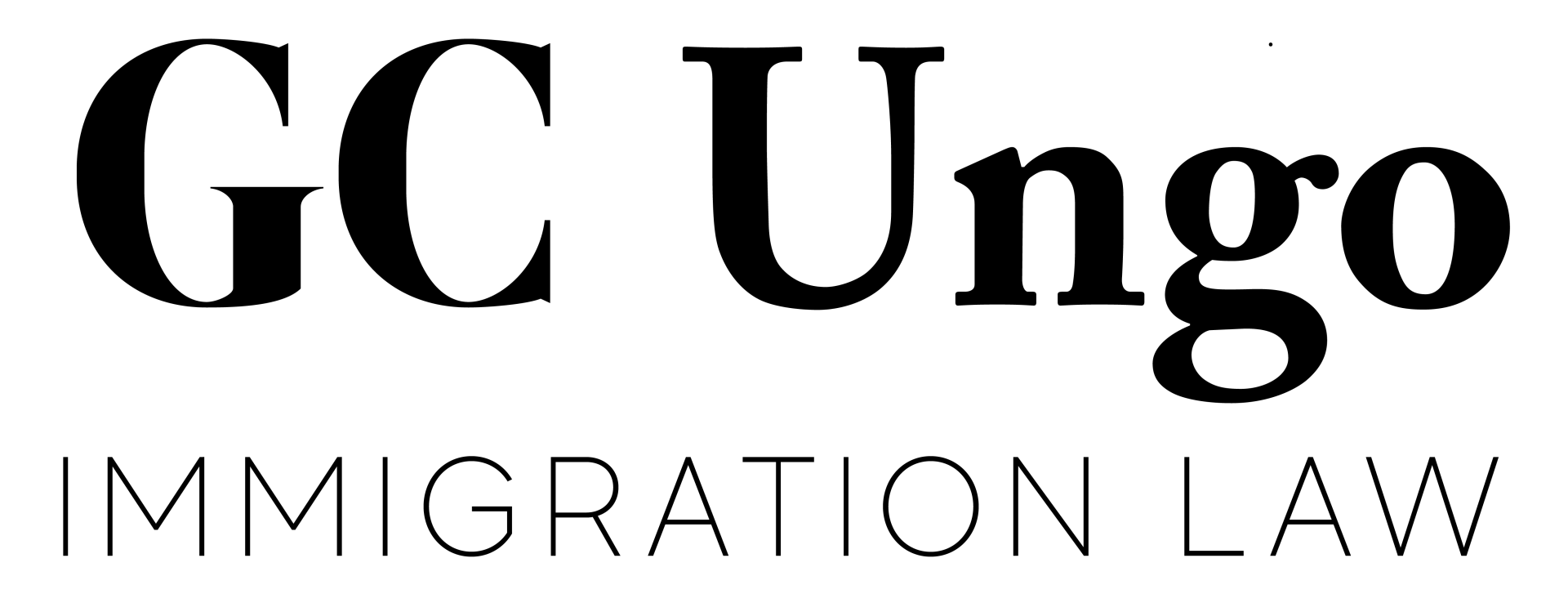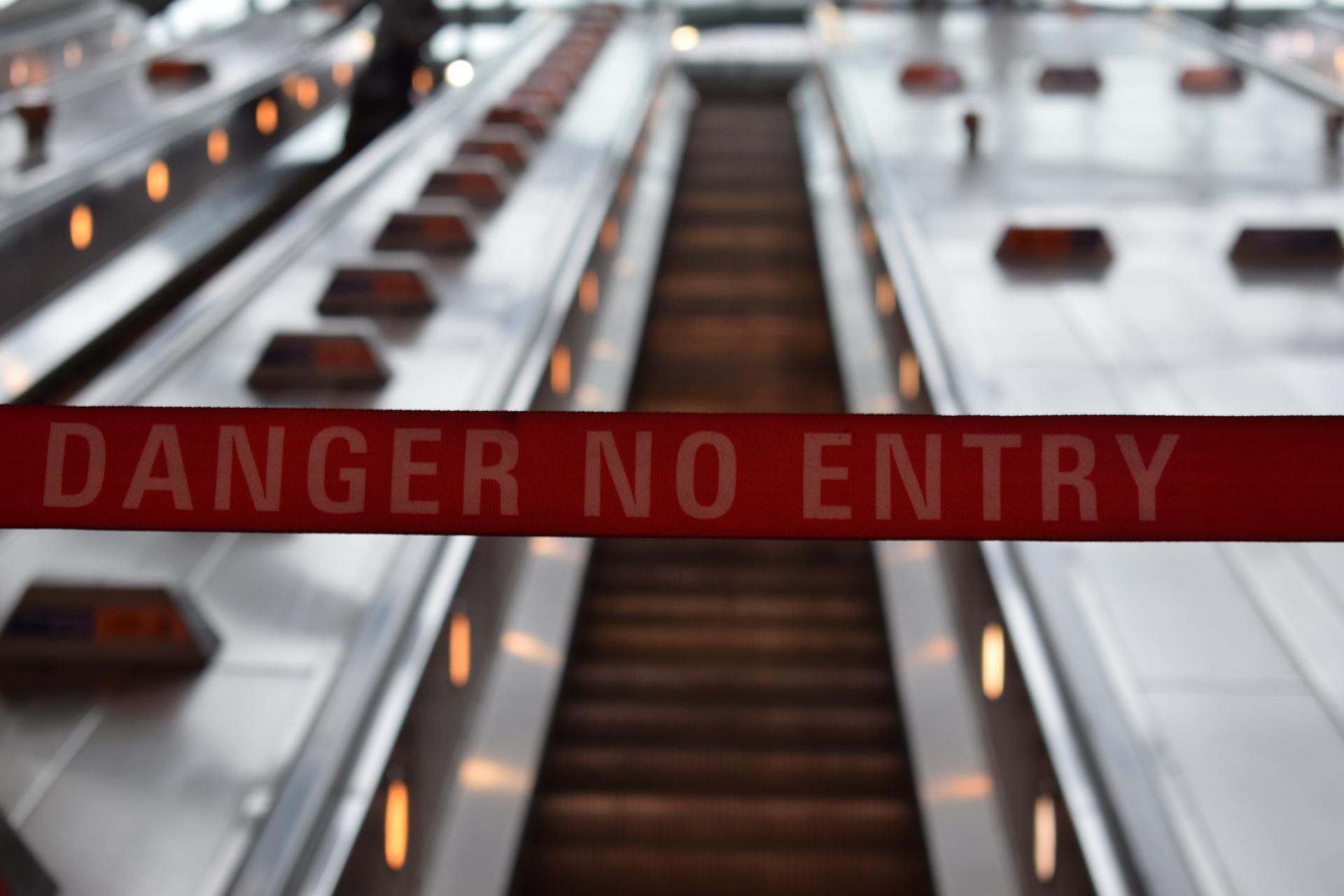DHS Issues Proposes Rule to Modernize H-1B Program
DHS proposed rule would modernize the H-1B Program by streamlining eligibility requirements, improving program efficiency, providing greater benefits and flexibilities for employers and workers
On October 23, 2023, the U.S. Department of Homeland Security (DHS) issued a Notice of Proposed Rulemaking (NPRM) to amend its regulations to modernize and improve the H–1B program. The 60-day public comment period ends on December 22, 2023.
What are the proposed changes of the H-1B Program?
In a nutshell, DHS is proposing the following:
- Update the regulatory definition of “specialty occupation” to allow a range of degrees or apply multiple bodies of highly specialized knowledge, provided that each of those qualifying degree fields or each body of highly specialized knowledge is directly related to the position;
- Clarify when it is necessary to file an amended or new H-1B petition in response to a change in the H-1B worker's place of employment. The proposed rule eliminates the need for employers to provide itineraries in H-1B petitions;
- Codify and clarify its existing deference policy directing USCIS officers to take into account previous determinations involving the same parties and circumstances, as long as there are no significant errors, changes in eligibility, or new adverse information affecting the eligibility of the petitioner, applicant, or beneficiary;
- Require evidence of maintenance of status to be included with the petition if a beneficiary is seeking an extension or amendment of stay;
- Reduce Fraud and Abuse of the H-1B Visa Lottery by selecting H-1B cap registrations by unique beneficiary rather than by registration. The system will ensure that each unique individual has one entry in the selection process, regardless of the number of registrations submitted for them by employer sponsors. This reduces the advantage of multiple registrations for one beneficiary and increases the chances of a legitimate registration being selected. Prohibit related entities from submitting multiple registrations for the same beneficiary;
- Extend benefits and flexibilities to H-1B Visa Cap Exemptions by revising the definitions of "nonprofit research organization" and "governmental research organization" by substituting "fundamental activity" for "primarily engaged" and "primary mission." This adjustment allows nonprofit and governmental research entities that conduct research as a fundamental activity, even if research is not their primary engagement or primary mission, to qualify as nonprofit research organizations. Flexibilities include:
- Permitting H-1B employees to qualify for cap-exemption even when they are not in direct employment with a qualifying organization as long as they spend at least half of their work time performing job duties physically or remotely.
- Clarify that beneficiary-owned businesses may be eligible to participate in the H-1B program facilitate greater access to H-1B visas for startups, entrepreneurs, and other businesses where the beneficiary has a controlling interest.
GC Ungo will continue to monitor developments and will provide updates as additional information becomes available. Please contact
GC Ungo with any questions regarding H-1B visas.










